Why Getting a Pet in Retirement Might Be a Huge Mistake
While the idea of adopting a furry friend during retirement might seem charming, there are numerous hidden challenges to consider. From unexpected costs and physical demands to emotional strain and logistical issues, caring for an animal can complicate the restful, enjoyable lifestyle many retirees envision. Here are some reasons why welcoming a new companion might not be the best decision.
Costs Associated with Pet Ownership

Credit: iStockphoto
Those post-career days can get expensive when adding a furry friend. Pets require food, veterinary care, grooming, and occasional emergency expenses, straining fixed incomes. Older adults may face financial stress, limiting the fun of their well-earned leisure. Instead of peaceful days, they could encounter budget headaches.
Physical Activity Requirement of Pets
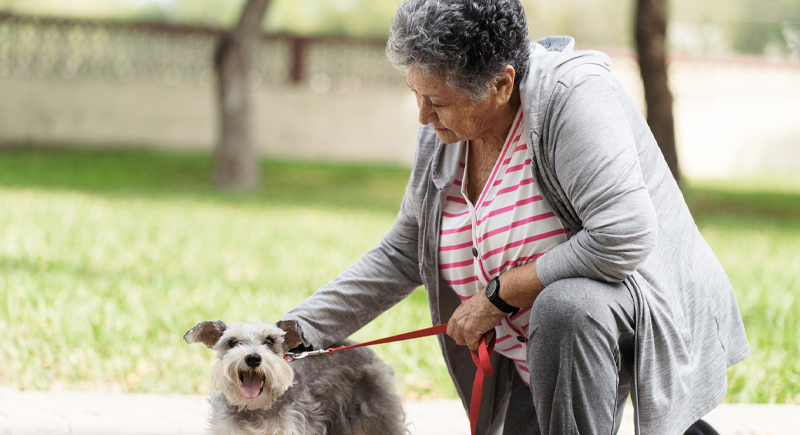
Credit: iStockphoto
Taking on a pet means daily walks, energetic playtimes, and constant attention. For seniors, these demands might be overwhelming. Instead of easy afternoons, they’ll face tiring strolls and endless fetch games. The physical strain can dampen their well-deserved rest, turning relaxing days into a whirlwind of pet-related activities.
Difficult to Care for Pets with a Sickness or Physical Condition

Credit: iStockphoto
Caring for a sick pet means administering medication, vet visits, and sleepless nights. For seniors, these tasks can be daunting and exhausting. Instead of task-free moments, they’ll face constant worry and physical strain. Managing a pet’s health issues greatly disrupts their well-earned tranquility, adding unwanted stress to their days.
The Time Commitment
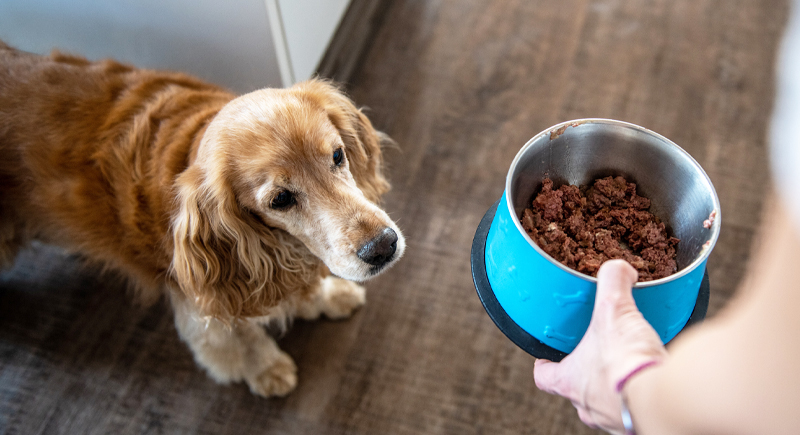
Credit: iStockphoto
Pets demand a significant time investment, feeding schedules, walks, grooming, and vet visits. For seniors, this commitment can eat into their leisurely afternoons and spontaneous outings. Instead of embracing flexibility and downtime, they become tied to a demanding routine, potentially adding stress and reducing their opportunity to savor peaceful moments.
Long-Term Care Needs of Pets
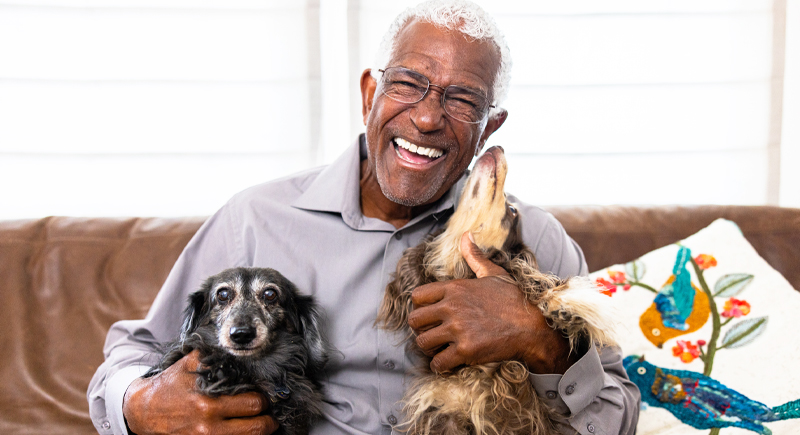
Credit: iStockphoto
Adopting an animal means a long-term commitment to their care, spanning many years. For seniors, this can lead to worries about their future capabilities and health. Instead of unwinding, they face the anxiety of ensuring their companion’s well-being, which can add a layer of responsibility that diminishes their serenity.
Travel Restrictions with Pets
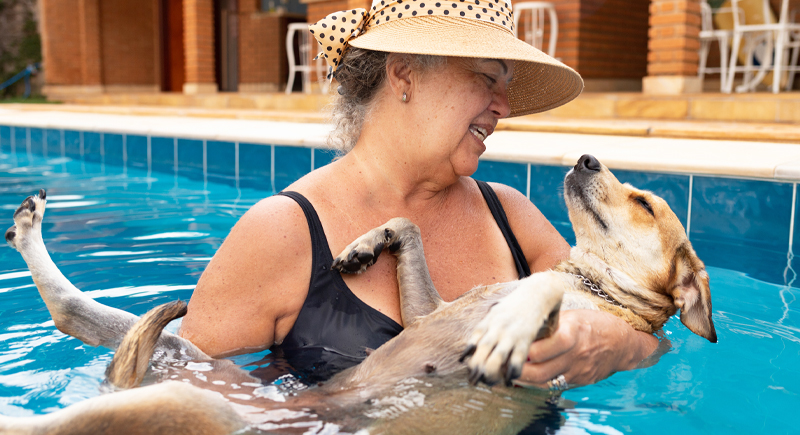
Credit: iStockphoto
Traveling with a furry companion means finding pet-friendly accommodations and dealing with transportation logistics. Retirees may find spontaneous getaways complicated and stressful. Instead of embracing adventure, they might face the hassle of arranging pet care, limiting their ability to explore new places and enjoy their hard-earned time off.
Potential Allergies and Health Concerns

Credit: iStockphoto
Allergies and respiratory issues are common downsides of having pets in old age. These folks might face sneezing fits, itchy eyes, and breathing problems. Their tranquil moments could turn into health struggles, making it difficult to fully appreciate their well-earned downtime without being preoccupied by health issues.
Possible Emotional Toll of Pet Loss

Credit: iStockphoto
Losing a beloved companion can bring immense heartache and sorrow. This emotional burden can heavily impact older adults, intensifying feelings of loneliness and sadness. Their peaceful days might become clouded with grief, making it difficult to find joy and maintain their emotional well-being during their well-earned leisure time.
Housing Restrictions for Housed Retirees
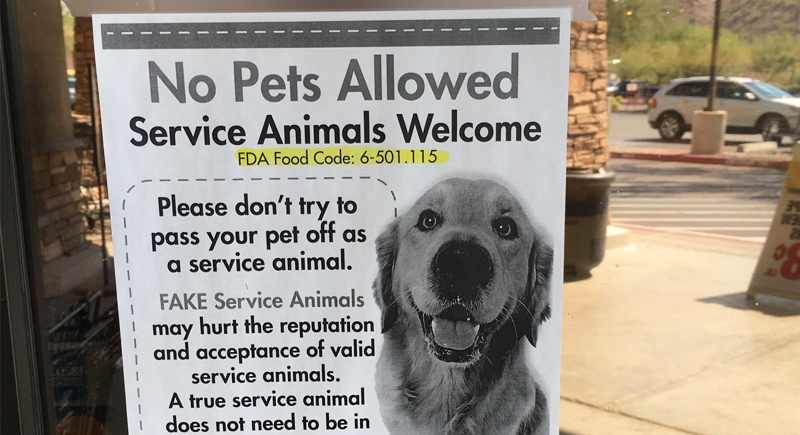
Credit: Facebook
Many retirement communities have strict rules about animals. These regulations can prevent retirees from adopting furry companions or impose hefty fees. Navigating such restrictions can cause stress and disappointment, disrupting their peaceful living arrangements and curbing their ability to enjoy a cozy, uncomplicated home environment.
Lack of a Support Network
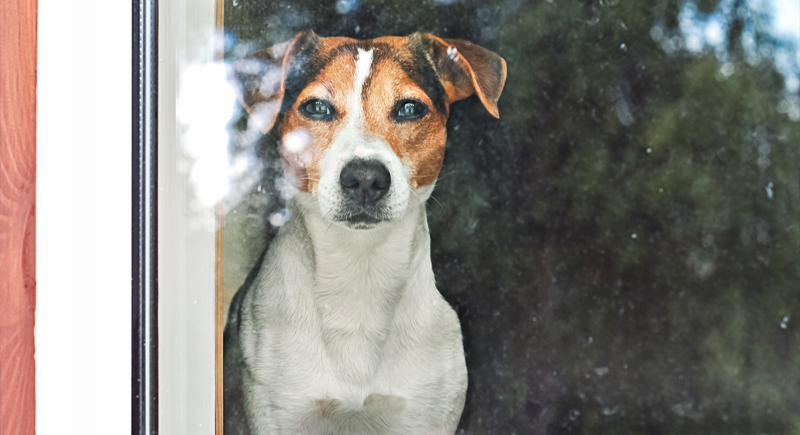
Credit: iStockphoto
Managing an animal’s needs without a support network can be overwhelming. Emergencies, vacations, or simple errands become logistical nightmares. Folks might struggle to find reliable help, causing stress and disrupting their routines. The absence of a reliable backup can turn pet ownership into a burdensome responsibility.
Emergency Preparedness Issues

Credit: iStockphoto
Handling an animal during emergencies can be a major challenge. Disasters, health crises, and urgent evacuations demand quick responses, complicating the situation. This can add significant stress to retirees, who might find it hard to manage their own needs alongside their companions’, disrupting their tranquility and well-being.
Cognitive Decline Issues for Pet Management

Credit: iStockphoto
Cognitive decline is an aging complication that makes managing an animal difficult and stressful. Remembering feeding schedules, medications, and vet appointments becomes challenging. This added pressure causes anxiety, impacting their daily lives. The constant worry about the animal’s well-being overrides the peaceful and enjoyable moments they hoped for.